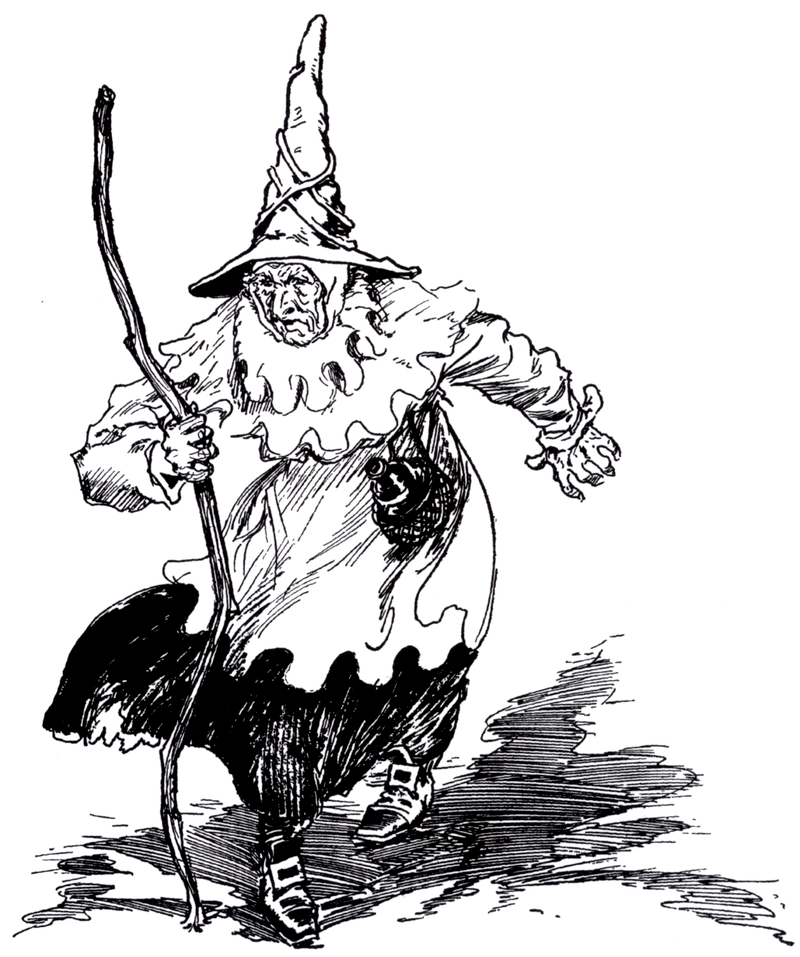Key Difference – Wicked vs Evil
The two adjectives wicked and evil both have similar meanings; they both mean immoral or sinful. However, the adjective wicked also has some alternative meanings which sometimes have a very different meaning from evil. The key difference between wicked and evil is that wicked can have connotations of mischief, playfulness whereas evil is indicative is malevolence, immorality and sin.
What Does Wicked Mean?
Wicked has several different meanings. Wicked can mean immoral or evil, playfully mischievous or malicious, severe and distressing, or highly offensive. Wicked is also used in slang to mean wonderful or excellent, although this usage is restricted to informal contexts.
What Does Evil Mean?
Evil means immoral, sinful and malevolent. This adjective is generally used to describe truly bad, cruel people or actions.
What is the difference between Wicked and Evil?
The differences between wicked and evil include their meanings, positive connotations, and intensity. While wicked can mean immoral or evil, playfully mischievous or malicious, severe or distressing, and highly offensive, evil refers to immorality, sin, or malevolence. Wicked is sometimes used in slang to mean excellent, but evil is always used negatively. Additionally, wicked is less intense and immoral than evil, and evil is more immoral and sinful than wicked.
